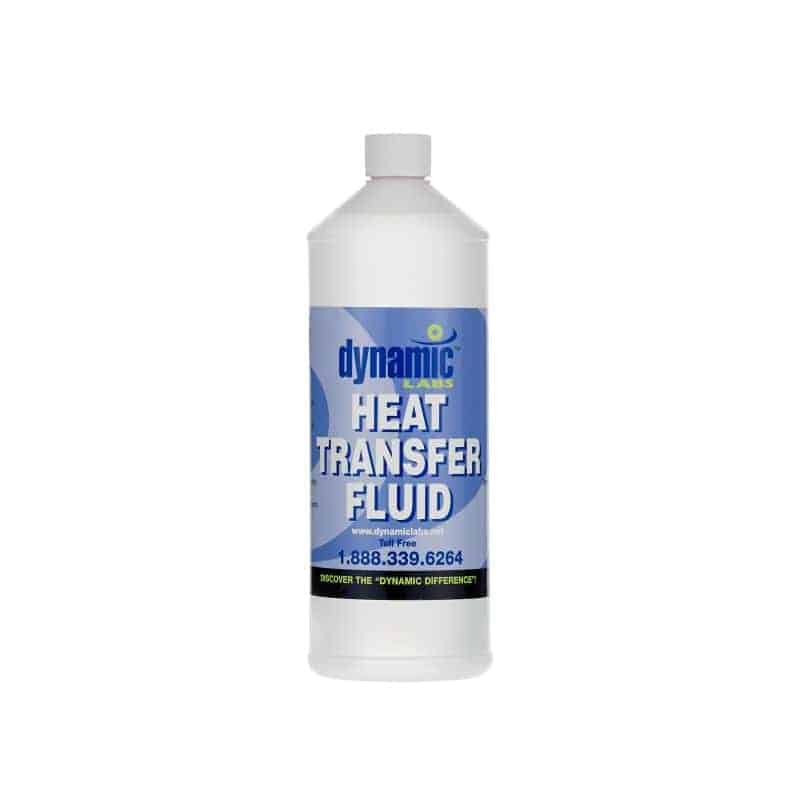Exploring Dielectric Cooling Fluid: Essential Properties and Benefits in Power Equipment
Exploring Dielectric Cooling Fluid: Essential Properties and Benefits in Power Equipment
Blog Article
Optimize Your System's Life-span With the Right Heat Transfer Fluid
Selecting the appropriate heat transfer liquid is critical for maximizing system efficiency and durability. Understanding the various kinds of warmth transfer liquids and the particular requirements of your application can significantly affect the general health of your system.
Importance of Heat Transfer Fluids

Additionally, warmth transfer fluids contribute to the security and dependability of thermal systems. They aid keep optimal operating temperatures, consequently lessening the threat of getting too hot and equipment failure. This is especially important in settings where precise temperature control is important. Furthermore, the ideal warm transfer liquid can supply defense versus deterioration and scaling, more expanding the life-span of equipment and framework.
Kinds Of Heat Transfer Fluids
Different kinds of heat transfer fluids are commonly made use of in commercial applications, each customized to certain operational demands and temperature ranges. The most prevalent groups consist of water, oils, and specialized artificial liquids.
Water is usually used as a result of its superb thermal conductivity and schedule; nonetheless, its restrictions develop at heats and prospective cold conditions. For higher temperature level applications, thermal oils, such as mineral oils or organic substances, are made use of. These oils offer exceptional thermal security and can run efficiently at elevated temperature levels, making them suitable for procedures like food processing and petrochemical manufacturing.
Artificial fluids, which can be either not natural or organic, are designed to satisfy specific efficiency criteria. They usually display enhanced residential or commercial properties such as reduced toxicity, vast temperature arrays, and resistance to oxidation. Examples consist of glycols and esters, which are excellent for specialized applications like solar thermal systems and warm exchangers.
In addition, refrigerants are made use of in cooling systems, leveraging their phase adjustment homes to release and soak up heat effectively. Each kind of warmth transfer fluid offers distinct advantages and is picked based upon the particular demands of the application, guaranteeing ideal efficiency and system longevity.
Elements to Take Into Consideration When Choosing
Selecting the proper warmth transfer fluid involves cautious factor to consider of numerous factors to guarantee ideal efficiency and system performance. more info here One of the primary elements is the temperature level array needed for the system. Liquids vary in their thermal stability and can break down or lose performance outside details temperature limits.
One more vital consideration is the fluid's viscosity, as it affects pump performance and power intake. A liquid that is as well viscous may hinder blood circulation and rise functional expenses. Additionally, the fluid's details warmth capability plays a crucial function in determining how properly it can move warm.
Chemical compatibility with system materials is additionally necessary to stop rust, degradation, or leakages - propylene glycol. Guaranteeing that the selected liquid is compatible with the construction products can extend the lifespan of the system

Advantages of Proper Fluid Option
Proper choice of a warm transfer liquid yields considerable benefits for system performance and reliability. The ideal liquid enhances thermal conductivity, guaranteeing ideal warmth transfer rates within the system. This efficiency lessens power intake, resulting in lower functional expenses and a reduced environmental footprint.
Additionally, ideal liquid option adds to system longevity by preventing corrosion and degradation of components. Fluids formulated with rust inhibitors safeguard metal surfaces, thereby extending the lifespan of pumps, pipes, and heat exchangers. Additionally, selecting a fluid with suitable thickness makes certain reliable blood circulation, which is critical for keeping regular temperature level circulation throughout the system.
One more crucial benefit is the fluid's thermal security. A secure heat transfer fluid can run over a broad temperature level range without damaging down or shedding performance, which is essential for systems exposed to fluctuating thermal problems. The appropriate fluid can likewise reduce dangers related to cold or boiling, consequently protecting against functional interruptions.
Maintenance Tips for Long Life
Guaranteeing the longevity of a warm transfer system requires attentive maintenance techniques that match the benefits of appropriate fluid choice. Regular assessments are vital to identify prospective leakages, rust, or debris build-up that can compromise system effectiveness. Establish a routine timetable to evaluate pipeline integrity, connections, and installations, as these areas are commonly susceptible to damage.

Keeping track of liquid degrees and top quality is just as crucial. Routinely look for indications of contamination, such as discoloration or particulate matter, which can suggest deterioration of the warm transfer fluid. Carrying out regular fluid analysis can supply understandings into its chemical buildings, permitting for prompt substitutes when essential.
In addition, keeping optimum operating temperature levels is essential. Motivate making use of temperature level controls and sensors to prevent overheating, which can accelerate liquid destruction and damages system parts.
Finally, always abide by the manufacturer's standards relating to fluid replacement intervals and upkeep procedures. By committing to these ideal methods, you can substantially enhance the functional life-span of your warm transfer system, guaranteeing dependable performance and minimizing the requirement for costly fixings or early replacements.
Conclusion
In conclusion, the choice of an appropriate warmth transfer liquid Get More Info is crucial for improving system efficiency and longevity. By recognizing the different kinds of fluids and official statement thinking about crucial factors such as thermal conductivity and corrosion resistance, ideal efficiency can be attained.
Heat transfer fluids play a vital duty in various industrial and commercial applications by facilitating the efficient transfer of heat between surfaces.Furthermore, warm transfer fluids contribute to the security and dependability of thermal systems. In addition, the liquid's details heat capacity plays an important role in identifying how efficiently it can transfer heat.
The best fluid enhances thermal conductivity, making sure ideal heat transfer rates within the system. A steady warm transfer fluid can operate over a large temperature level range without breaking down or shedding effectiveness, which is crucial for systems exposed to changing thermal conditions.
Report this page